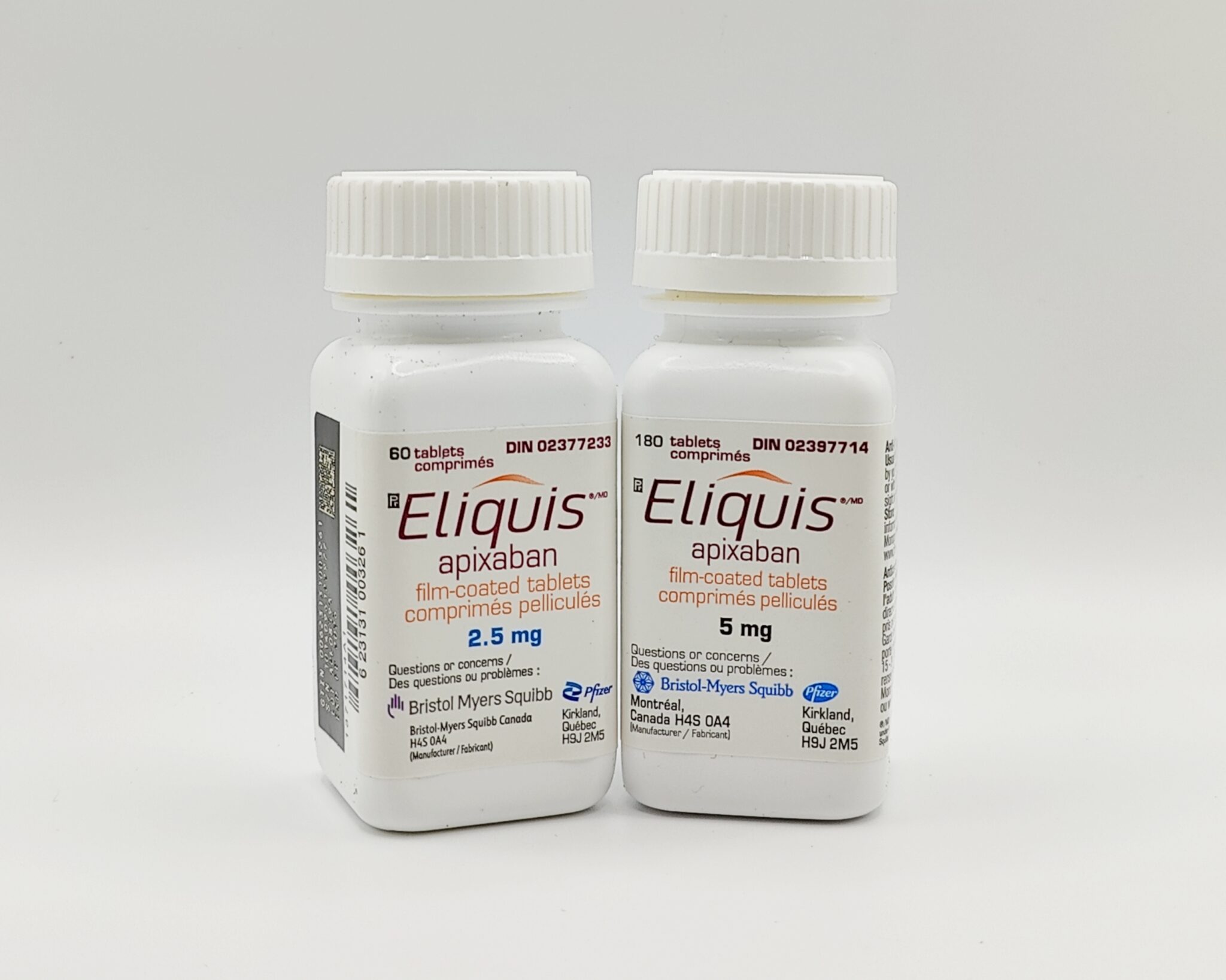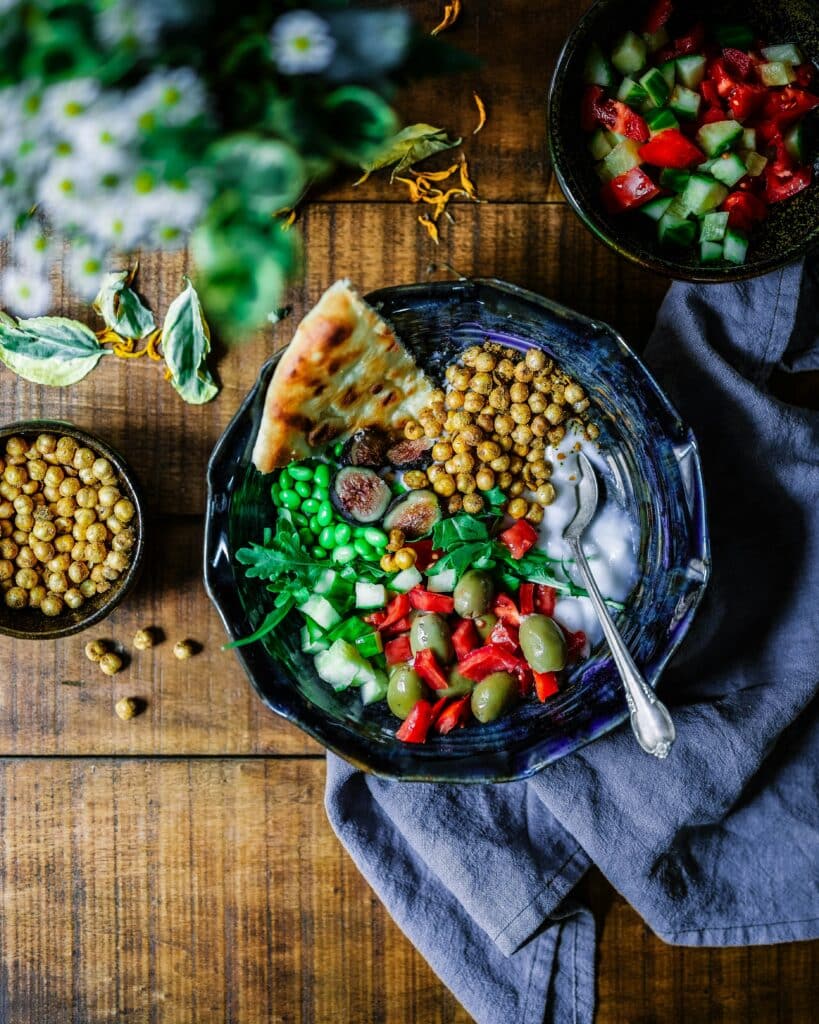Eliquis and Food: What You Need to Know for Safe and Effective Use
Eliquis and Food: What You Need to Know for Safe and Effective Use
- Todd P
Eliquis (apixaban) is a widely prescribed anticoagulant used to prevent blood clots and reduce the risk of stroke in patients with conditions like atrial fibrillation (AFib) or deep vein thrombosis (DVT). While effective, understanding how food interacts with Eliquis is essential to ensure safety and efficacy. This article delves into whether Eliquis should be taken with food, foods to avoid, and how to maintain a balanced diet while on this medication.
What is Eliquis and How Does It Work?
Eliquis belongs to a class of medications known as direct oral anticoagulants (DOACs). It works by inhibiting factor Xa, a key protein involved in blood clot formation. This mechanism helps prevent clots from forming in the bloodstream, reducing the risk of life-threatening conditions such as stroke, pulmonary embolism, or recurrent DVT.
Unlike older anticoagulants like warfarin, Eliquis does not require frequent blood monitoring or strict dietary restrictions. However, adopting healthy eating habits can enhance its effectiveness and minimize risks.
Should You Take Eliquis With Food?
One of the advantages of Eliquis is its flexibility regarding food intake. You can take Eliquis with or without food without impacting its absorption or effectiveness. However, taking it with food may help reduce gastrointestinal side effects, such as mild nausea, which some patients experience.
Tips for Taking Eliquis With Food:
- Take your dose during a meal if it helps you remember to take it consistently.
- Pair it with a small snack, such as a piece of fruit or a handful of nuts, if you’re prone to feeling queasy on an empty stomach.
The most important factor is consistency. Eliquis should be taken at the same time each day to maintain steady levels in your bloodstream.
Foods to Avoid While Taking Eliquis
Eliquis does not have as many food restrictions as warfarin, which requires careful monitoring of vitamin K intake. However, there are a few considerations to keep in mind:
1. Grapefruit and Grapefruit Juice
Grapefruit can interact with many medications, including Eliquis. It inhibits enzymes in the liver responsible for breaking down the medication, potentially leading to higher blood levels and an increased risk of bleeding.
- Avoid large amounts of grapefruit or grapefruit juice while on Eliquis.
2. Alcohol
While moderate alcohol consumption may be safe for some patients, excessive drinking can increase the risk of bleeding. Alcohol can irritate the stomach lining and interfere with blood clotting, compounding the effects of Eliquis.
- Discuss alcohol use with your doctor to determine what’s safe for you.
3. Certain Herbal Supplements
Some supplements, such as St. John’s wort, ginseng, and gingko biloba, may interfere with Eliquis’s effectiveness or increase bleeding risks. Always consult your doctor before taking herbal remedies.
How Does Eliquis Affect Your Diet?
Eliquis does not impose strict dietary restrictions, but maintaining a healthy, balanced diet is crucial for overall health and to complement anticoagulant therapy. Eating a nutrient-rich diet can support heart health, reduce inflammation, and help manage underlying conditions like atrial fibrillation.
Key Dietary Considerations:
- Hydration: Staying well-hydrated supports overall circulation and cardiovascular health.
- Consistent Eating Habits: Sudden changes in weight or dietary patterns can affect your overall health and, indirectly, your medication regimen.
Dietary Tips While Taking Eliquis
1. Focus on Heart-Healthy Foods
- Fruits and Vegetables: Rich in antioxidants and fiber, these foods support overall cardiovascular health. Aim for a variety of colorful options.
- Whole Grains: Choose whole-grain bread, brown rice, or quinoa for sustained energy and better blood sugar control.
- Lean Proteins: Incorporate chicken, fish, tofu, or legumes into your meals to support muscle maintenance.
- Healthy Fats: Include sources of omega-3 fatty acids like salmon, walnuts, or flaxseeds to reduce inflammation and support heart health.
2. Monitor Sodium Intake
Excess sodium can raise blood pressure and increase the risk of cardiovascular events. Limit processed foods and choose fresh or low-sodium options.
3. Avoid Crash Diets
Extreme calorie restrictions or rapid weight loss can disrupt your body’s balance and potentially affect how medications work. Focus on sustainable, gradual changes to your eating habits.
4. Incorporate Anti-Inflammatory Foods
- Berries: Packed with antioxidants.
- Leafy Greens: Such as spinach and kale.
- Nuts and Seeds: Contain healthy fats and vitamins.
Can Food Improve Eliquis’s Effectiveness?
While no specific food directly enhances the effectiveness of Eliquis, a heart-healthy diet can improve your overall health and reduce the risk of complications. Diets like the Mediterranean or DASH diet are excellent choices for patients with cardiovascular concerns. They emphasize whole, nutrient-rich foods that complement anticoagulant therapy and promote long-term wellness.
Benefits of a Heart-Healthy Diet:
- Improved circulation and reduced risk of clotting.
- Better blood pressure management.
- Reduced inflammation in blood vessels.
Conclusion
Eliquis offers flexibility when it comes to food, allowing patients to take it with or without meals. While there are no strict dietary restrictions, avoiding grapefruit, limiting alcohol, and maintaining a heart-healthy diet are important for safe and effective use. By combining Eliquis with a balanced diet and consistent eating habits, patients can better manage their condition and reduce the risk of complications. Always consult your healthcare provider with any dietary or medication-related concerns.
FAQs
1. Does Eliquis interact with caffeine?
Caffeine does not directly interact with Eliquis. However, excessive caffeine intake can raise blood pressure, which may be a concern for some patients. Moderation is key.
2. Can I drink alcohol while on Eliquis?
Limited alcohol intake may be safe, but excessive drinking increases the risk of bleeding. Consult your doctor about your alcohol consumption.
3. Do I need to monitor my vitamin K intake?
Unlike warfarin, Eliquis does not require monitoring of vitamin K intake. You can eat leafy greens like spinach and kale without concern.
4. Are there foods that help reduce the risk of blood clots?
Yes, foods rich in omega-3 fatty acids, such as salmon, walnuts, and flaxseeds, can promote healthy circulation and reduce clotting risks.
Reference:


